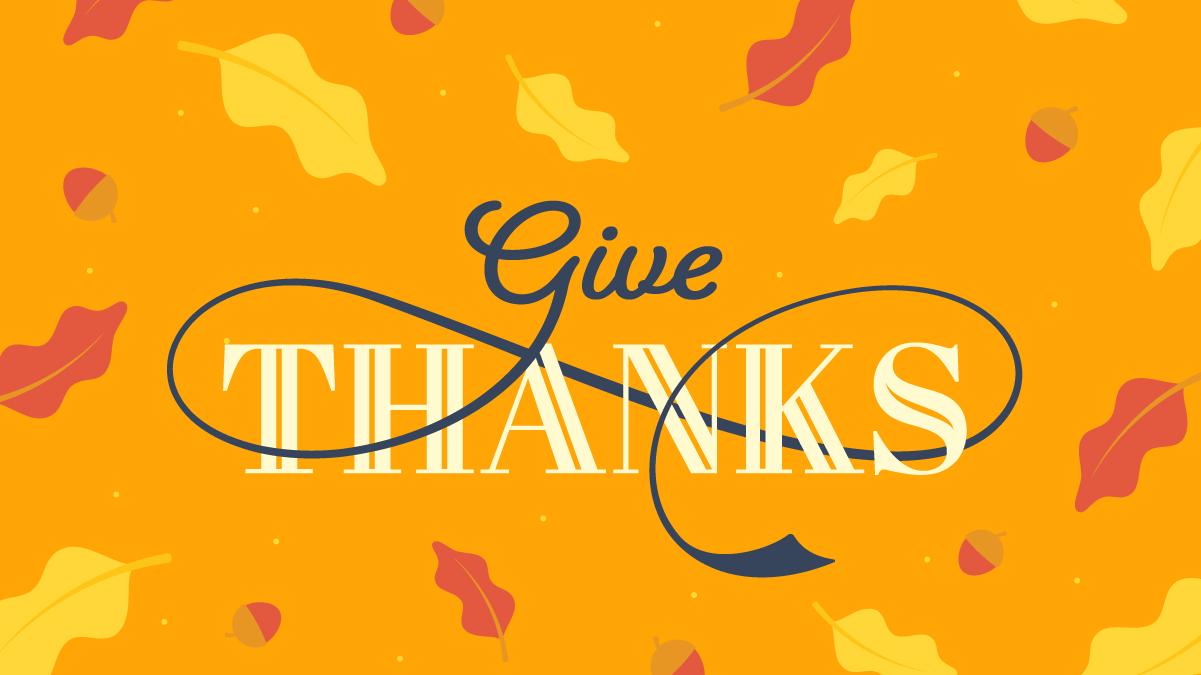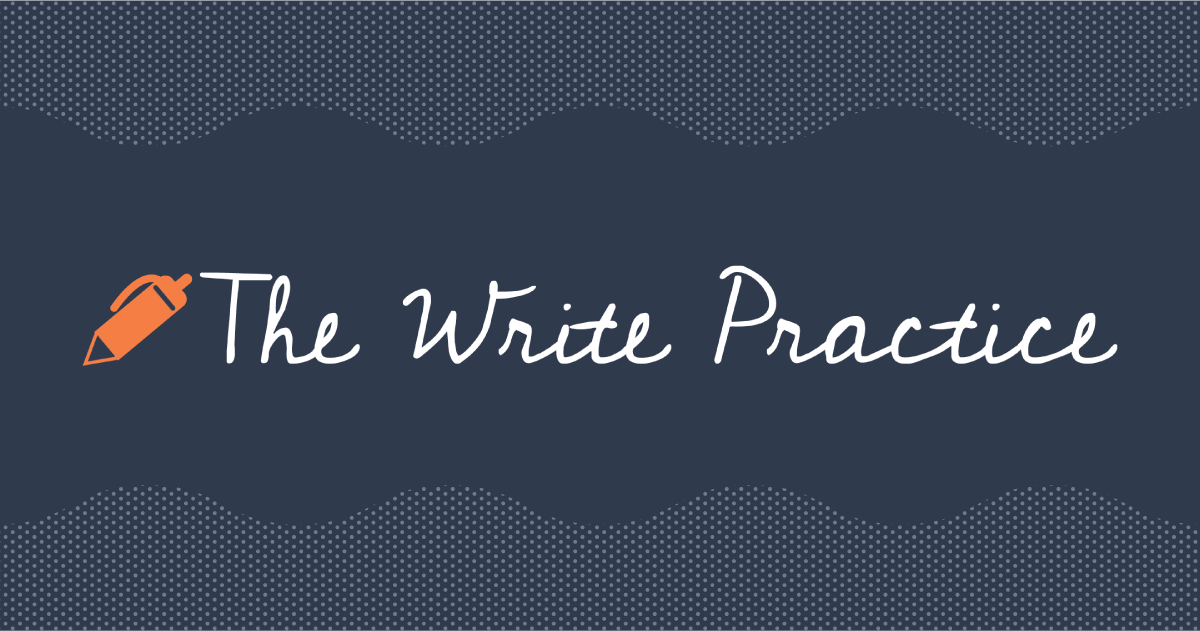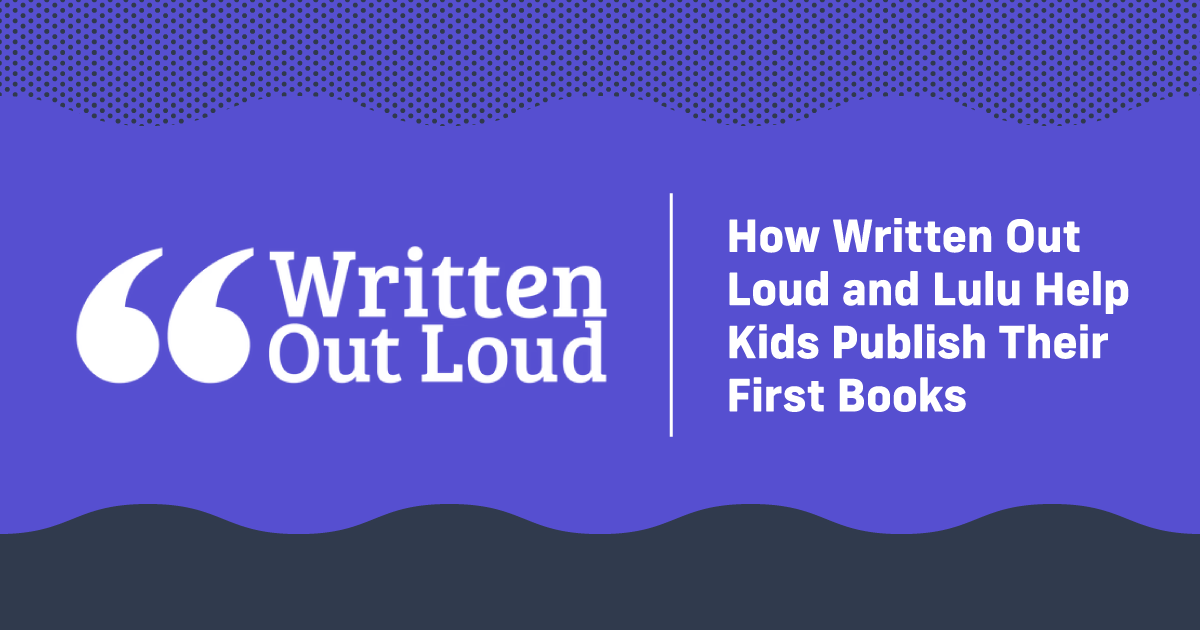Decolonizing Our Thanksgiving Traditions
Thanksgiving is almost here, which means that most people across the country look forward to taking a break and enjoying a meal with family and friends in the spirit of gratitude. Thanksgiving, for many, is a cherished tradition that represents community, celebration, family, and feasting. But how did Thanksgiving come to be? What are the origins of the story?
Basically, Native Americans and Pilgrims were all friends and shared the land and everything was awesome, the end. Or at least, that’s what we were taught in textbooks. There’s a whole different side to the story that’s not being told. For Native Americans, Thanksgiving can be a triggering time; sometimes it’s even seen as a national day of mourning for the genocide of their people that took place for centuries.
This Thanksgiving is an opportunity to set the record straight and share a more inclusive story. In this blog post, we will debunk common myths, discuss the true story of Thanksgiving, and share some ideas for new traditions you can include this year!
The Fairytale Version of the Story and Debunking the Myths
It’s said that history is always written by the victor. That could not be more true when learning about the story of Thanksgiving. We were taught that Thanksgiving was a peaceful event that celebrated the friendship and unity between Pilgrims and Native Americans. In addition to crafting a false narrative, stereotypical arts and crafts, books, and lessons, and racist portrayals of Native people continue to fill elementary schools throughout the country each Thanksgiving. Children often hand-craft headdresses and so on. These stories and activities may be fun and exciting, but they are inherently problematic and perpetuate harmful stereotypes, erasing the true history and promoting myths about early encounters between Native communities and colonizers. This furthers erasure and oppression as well as invisibility—a modern form of racism towards Indigenous peoples.
But how did we get here, exactly? While the story we’ve all heard is largely a fabrication, there are some truths to it.
The Mayflower did bring the Pilgrims to North America from Plymouth, England, in 1620, and they disembarked at what is now Plymouth, Massachusetts, where they set up a colony. In 1621, they celebrated a successful harvest with a three-day gathering that was attended by members of the Wampanoag tribe. It’s from this that we derive Thanksgiving as we know it.
But it’s more complicated than that. Here are some common myths about the story of Thanksgiving:
Myth #1: The First Thanksgiving Occurred in 1621
Fact: No one really knows when the first Thanksgiving occurred
It was an old tradition for Native Americans to celebrate the harvest. Also for them, Thanksgiving is celebrated every day for all the gifts of life, not an event coming only once a year.
Myth #2: The Pilgrims Invited Native Americans To Celebrate The First Thanksgiving
Fact: There is no evidence that such an invitation was extended
Myth #3: The Pilgrims and Native Americans Became Great Friends
Fact: This may not be a myth, but colonizers did eventually become oppressors
Just a couple of generations later, the balance of power shifted dramatically, because a lot of colonizers were coming from Europe, leading to immense land theft. The Wampanoag were forced into battle, later known as King Philip’s War, because of this. This battle wiped out most Native Americans in that area and survivors were either sold into slavery or they fled for refuge in Canada.
The Real Story of Thanksgiving
There are multiple debates on the actual origins of how Thanksgiving came to be. One commonly talked about is the massacre in 1637, which was followed by a celebration declared by the governor of Massachusetts.
Later in the 1800s, Sarah Josepha Hale, an author and editor of an influential magazine at the time, made it a mission to create an official national holiday that brought together family and friends. She befriended Abraham Lincoln, whom she later convinced to create the national holiday—Thanksgiving. This was during the Civil War, and a big goal Lincoln had was uniting the country together. So he used the story of the first Thanksgiving narrative (the one where Native Americans and the pilgrims were friends and shared a feast) as a way for citizens to get their minds around a great story of the creation of this country, to build a sense of nationalism and pride. The holiday was made official in 1863, when President Abraham Lincoln declared it as a thank-you for the Civil War victories in Vicksburg, Mississippi, and Gettysburg, Pennsylvania.
Decolonizing Thanksgiving: What That Means and Why It Matters
First things first, no, you don’t need to trash Thanksgiving completely.
Instead, you can and should decolonize and reinterpret it.
Decolonize, what does that mean?
Decolonizing can mean a lot of different things, but in the case of Thanksgiving, it can mean unlearning the harmful myths that have latched on to this holiday and instead, recreating it to honor Native Americans. Simply going on with Thanksgiving festivities with no acknowledgment of its true and horrific history isn’t just delusional; it furthers oppression.
Here are some questions you should ask yourself as Thanksgiving approaches:
- How can I educate myself and others about the true history of Thanksgiving? (This could be starting a discussion at the dinner table, on social media, etc.)
- Am I being silent on this issue and is my silence hindering true change?
- How am I continuing to participate in or enable celebrating the genocide of Indigenous people, even if unintentionally?
Ready to decolonize Thanksgiving? Start by adding some new traditions we’ll discuss in the next section.
New Traditions You Can Adopt To Begin Decolonizing Thanksgiving
1. Recognize and Acknowledge the Origins of the Land
Native land provides an easy way to figure out which Native American tribe originally lived where you do now. If you text your zip code or city and state to (907) 312-5085, you’ll receive a reply with the names of the Native tribes that originally lived there.
2. Decolonize Thanksgiving Food
Food is a unifying force in Native American culture. Before colonization, Indigenous people enjoyed a wide variety of foods specific to their geographic areas. Due to the violent displacement of Native Americans, many Native American food traditions were lost and unfamiliar foods were forced into their diets. Indigenous people today still struggle with health conditions due in part to poor nutrition. Here are some resources on how you can get involved to help:
- Native American Food Sovereignty Alliance
- North American Traditional Indigenous Food Systems
- Navajo Nation Grocery Program
3. Read Books by Native American Authors
Indigenous peoples have been writing about the colonization of Thanksgiving for as long as the whitewashed narrative has existed. For centuries, Native Americans have been silenced and their stories have been marginalized. That’s why it’s important now to read and share stories written directly by Native American people. Here are some books to add to your reading list:
- An Indigenous Peoples’ History Of The United States by Roxanne Dunbar-Ortiz
- This Land Is Their Land: The Wampanoag Indians, Plymouth Colony, And The Troubled History Of Thanksgiving by David J. Silverman
- 1621: A New Look At Thanksgiving by Catherine O’Neill Grace
4. Recognize Native American Heritage Month
As many of you know, November is National Native American Heritage Month, and the day after Thanksgiving is recognized as National Native American Heritage Day. So, be a part of observing these holidays by honoring the culture and contributions of Native American people.
Indigenous people continue to face systemic racism, genocide, and barriers to basic human rights. That’s why it’s important to learn and discuss these contemporary issues that affect their communities. As Thanksgiving approaches, I encourage you to think with an open heart about how colonization plays a role in the present-day struggles the Native American community faces. For centuries, Native Americans were not allowed to practice their traditions or talk in their native languages. That lingering pain from colonization and genocide is evident when in today’s world, Native Americans are working on renewing their traditions and culture rather than just passing it down intergenerationally.
By being an ally and raising awareness about these issues and sharing the truth of Thanksgiving, we are working towards a future of healing.
Final Thoughts
Thanksgiving for so long has been a one-sided story told by the victor. It’s important to recognize and share the true story rather than the narrative we’ve all learned. Yes, you can still celebrate dinner with your loved ones, but celebrate the holiday with new traditions that honor the true origins, and actively reject the colonialism the day embodies.




